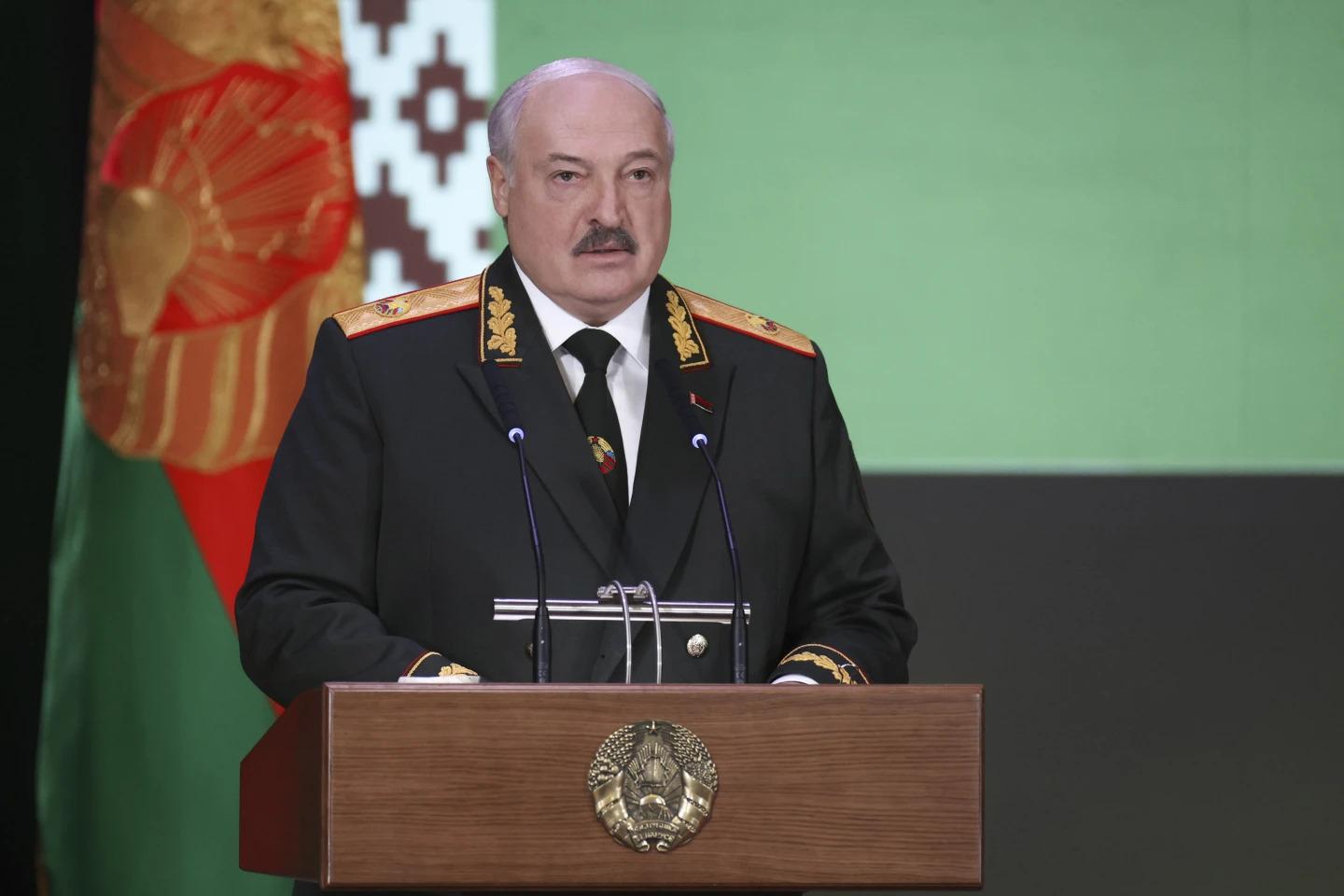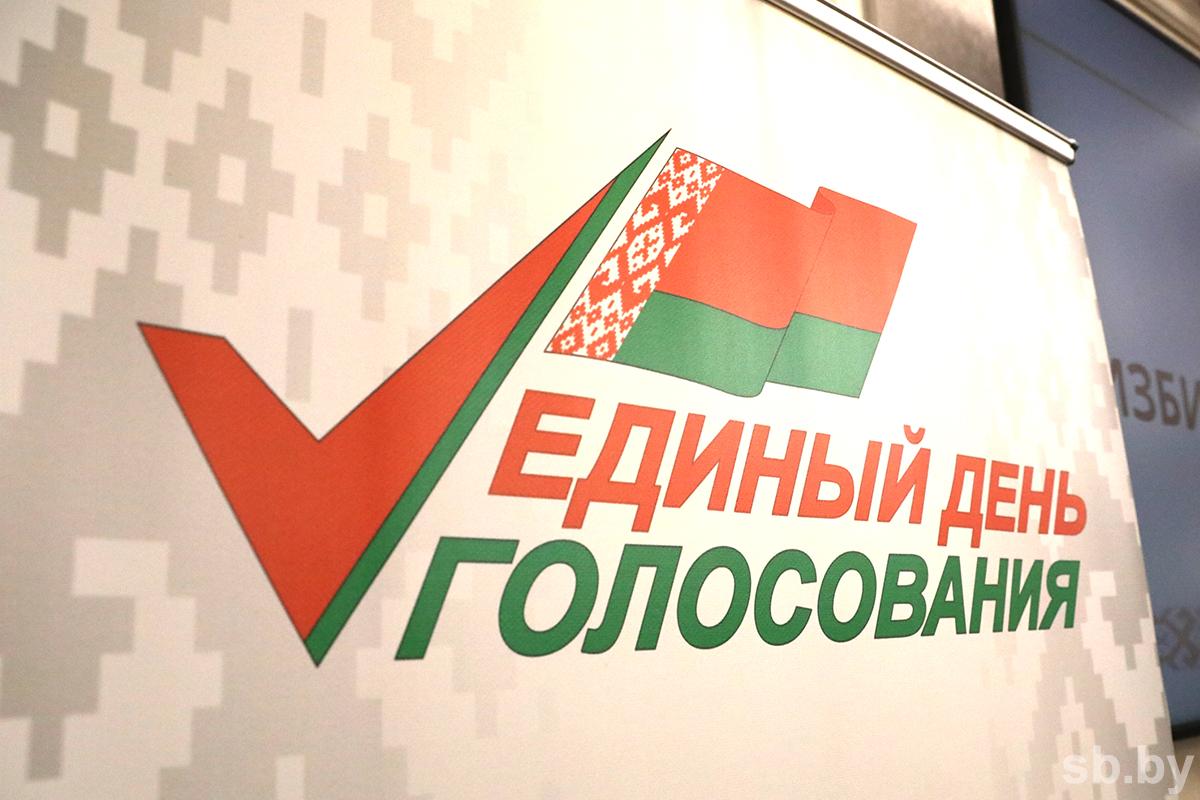What to expect from Belarus’ 2024 parliamentary elections? Polls without opposition
On February 25, Belarus will hold parliamentary and local elections, where only pro-government parties are allowed to stand in the polls.
Belarusians will vote for the 64-member House of Representatives and the 110-seat lower chamber of the Belarusian National Assembly alongside local elections.
Subsequently, the All-Belarusian People's Assembly (ABPA), will be constituted by the newly elected regional and national authorities in April 2024.
All-Belarusian People's Assembly
The Assembly will consist of 1,200 delegates, including the incumbent president, representatives of the legislative, executive, and judicial branches, local and regional government, and some members of civil society groups.
Amendments to the Belarusian constitution, adopted at a referendum in February 2022, expanded the ABPA’s powers.
"The All-Belarusian People's Assembly is the highest representative body of people's power of the Republic of Belarus, which determines the strategic areas of development of society and the state, ensures the inviolability of the constitutional system, the continuity of generations, and civil accord,” according to the country’s amended constitution.
A collegiate body will play a key role in organizing the work of the Assembly, called the Presidium. It will consist of 15 persons from the ABPA, including the Chairman of the ABPA, his deputies, and other members of the Presidium, elected by the ABPA’s members by secret ballot.
The referendum authorized the Assembly to impeach the president, appoint top judges and election officials, and impose martial law, among other things. The ABPA will have the power to review the legitimacy of presidential elections.
The general vote also allowed the president to chair the Assembly together with his post, implying that the incumbent president could oversee or remove his successor.

President Alexandar Lukashenka reiterated the need to amend the constitution and stated his willingness to redistribute some of the presidential powers to the other branches of government, following the protests in Belarus that broke out after the August 2020 presidential election.
Why do these elections matter?
These elections and the rise of the ABPA will be a serious test for the Belarusian authorities on the way to the 2025 presidential campaign.
This is the first election in Belarus since the contentious 2020 presidential vote that handed Lukashenka his sixth term in office and triggered an unprecedented wave of mass demonstrations for several months. Lukashenka’s government responded to the demonstrations with a harsh crackdown, arresting over 35,000 people, and many of those have been forced to leave the country.
Belarus has refused to invite observers from the Organization for Security and Cooperation in Europe (OSCE) to monitor the elections. Belarus is a member of the OSCE, and the group’s monitors have been the only international observers at Belarusian elections for decades.
EU foreign policy chief Josep Borrell said in a statement on February 19 that the bloc denounces “continued senseless violation of human rights and unprecedented level of repression ahead of the upcoming elections” in Belarus, adding that “those responsible will be held to account”.
Meanwhile, the parliament has little real influence in Belarus, where major decisions lie in the hands of Lukashenka, who has ruled Belarus for nearly 30 years.

Who is running?
More than 6.9 million people are included in the voting lists for the 2024 parliamentary and local votes.
Belarusian authorities carried out “re-registration” of political parties, granting credentials to only four pro-government parties out of 15 that had operated in the country at the outset of last year. Most candidates are reportedly state officials and employees, members of pro-government organizations and state media outlets, and belong to the four officially registered parties, which all support Lukashenka’s policies:
- The centrist Belaya (White) Rus Party;
- The left-wing Communist Party;
- The left-wing Republican Party of Labour and Justice;
- The centre-right Liberal Democratic Party.
As before, early balloting is also available in the country on February 20-24.
On February 20, Lukashenka accused the West of trying to foment protests during parliamentary and local elections to undermine his rule, saying that the Belarusian opposition abroad "dreams of getting involved in this process".
However, Belarusian opposition leader Sviatlana Tsikhanouskaya, in exile in neighbouring Lithuania after challenging Lukashenka in the 2020 vote, called for a boycott of the elections.








